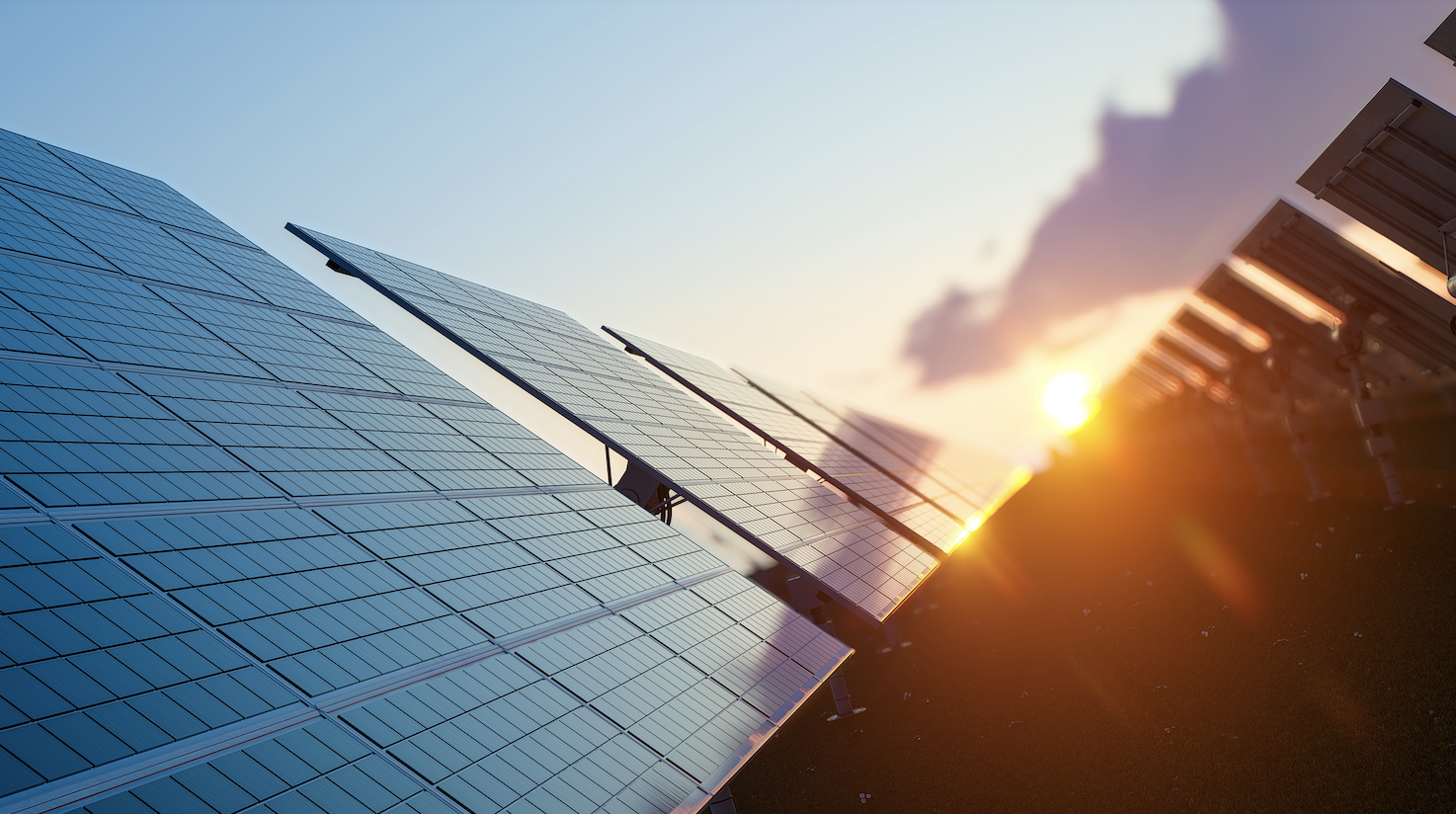Time to read : 3 Minutes
The Pros And Cons Of Going Solar
Solar energy is more than just a trend in Australia, and, given that our fine country boasts the most abundant sun (solar radiation) in the world, solar powered homes offer many fantastic environmental and economic benefits which can be enjoyed year-round.
🤔 If you are considering solar energy for your home, it’s important to understand a few practical insights around installation, usage and how it will affect the value of your property.
What you need to know
🔍 However, there are also some potential downsides to consider, including the often prohibitive cost of installing solar panels and balancing that against the rewards.
With energy prices rising in Australia, solar power is a great way to reduce electricity bills.
Solar energy is fantastic source of renewable/green energy, e.g. it’s better for the environment than coal-powered electricity.
However, the cost of installation can be prohibitive – reaching into the tens of thousands of dollars.
How much can I save with solar energy?
💰 Although every household is different, most providers say that savings can number in the thousands each year.
According to leading Aussie provider Solaray, an average solar system will cost between four and six cents per kWh over a 25 year period when taking into account the cost of installation.
PLUS, if you can send your unused solar energy to the grid, essentially selling it back to energy providers, you may even stand to make a profit.
Considering the average cost of electricity is around 28 cents per kWh (36 cents if you live in South Australia), this is a significant saving over the lifetime of your solar panels.
What grants are available for solar panel installation?
👍🏽 The Federal Government currently offers two incentives for households and businesses looking to install solar panels, including Small Scale Business Certificates.
These certificates allow energy providers to buy energy from you, essentially offsetting the cost of installation over time.
In return you receive feed-in tariffs, which is paid to you by electricity providers when you export your excess solar energy to the grid.
Each state offers different incentives and rebates for households looking to offset the cost of installation. In NSW, for example, those receiving the Low Income Household Rebate can swap their rebate for a free, fully installed solar system.
✅ You can view a full list of rebates for each state here.
The pros...
Solar energy is highly efficient and sustainable.
Homes that use solar panels reduce their reliance on traditional sources of energy, thereby reducing their environmental impact.
Solar panels help to future-proof homes against rising energy prices and environmental concerns.
Solar panels can raise the average value of a home by 4.1% — a significant amount when you’re talking about house prices in Sydney, for example.
The cons...
The initial cost of installing solar panels can be quite high, which can make them prohibitively expensive for many households.
Solar energy can be unpredictable, as the amount of sunlight that hits a given location can vary from day to day and season to season.
If it’s not used right away, solar energy needs to be stored in large batteries called off-grid solar systems for use at night. This storage can also be quite expensive.
Solar panels require a lot of roof space and need to be angled in the right way in order to capture sunlight effectively.
The bottom line
Despite its challenges, solar power is part of our renewables future.
Especially in our current energy crisis, where inflation and lack of supply are driving up the cost of traditional electricity.
🌈 As Australia moves Towards Zero, how and where we get our power will change, so it's not so much a question of if, but rather when.
